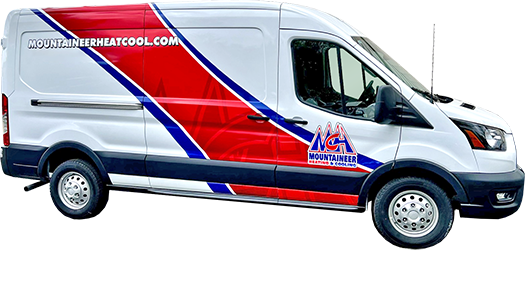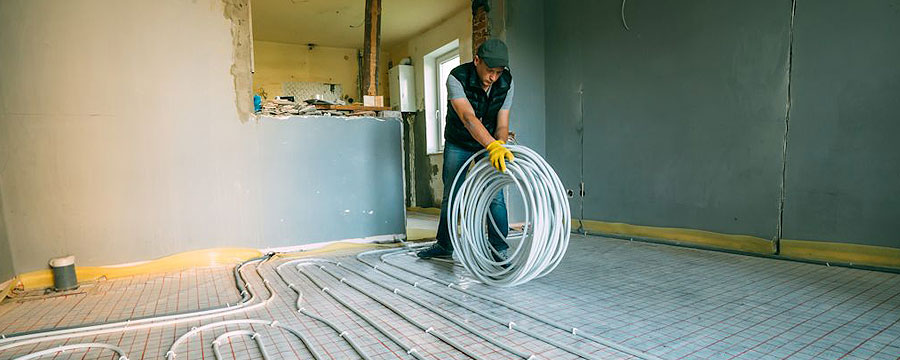ACCA and the EPA Standards
ACCA and the US Environmental Protection Agency offer the following guidelines when selecting a company to provide new equipment and/or service for your project.
- Be sure your contractor is licensed, well trained, and experienced to provide quality installations. Don’t be afraid to ask about training, experience, and memberships. Demand proof that your contractor is certified.
- Be sure your contractor obtains the proper state and local permits. Contractors should handle this on your behalf. Work performed without the requisite permits may be issued a cease work order by the Department of Inspections and result in fines and lengthy delays.
- Contractors must perform a load calculation. This is required by law for your protection! What is a Load Calculation? Read More
- Contractors should inspect and review the condition of the existing ductwork and its compatibility with the new equipment. Why is Ductwork Important? Read More
- Homes with a furnace or other unit that use combustion must be properly ventilated to prevent back-drafting.
- When replacing heat pumps or air conditioner, replace both the indoor and outdoor coils for maximum efficiency.
- Assure that the system is installed in a manner that is accessible for regular tune ups and cleaning.
- Assure outdoor units are installed per manufacturer’s guidelines with at least four feet of unobstructed space overhead when possible. Keep the area clear of debris and shrubbery.
- Always obtain a written contract or proposal and ask about warranties, rebates and current promotions.
- Consider value as opposed to just the lowest price. Remember the lowest price may save money now, but could cost you much more in the long run.
- Contractors should be able to provide and review manufacturer’s performance data with consumers and/or general contractors. This assures that the unit you are buying meets the needs and efficiency required.
- Be sure your contractor follows a quality audit or review and start up procedures at the end of the job. They should be able to show you a check list and go over each item with you including maintenance, warranty registration and site cleanup.
- Ask for references. A reputable company will usually have a ready list of reference and will willingly share them with you.
*These guidelines are independently offered by ACCA and the US Environmental Protection Agency.
From the EPA: Benefits of High-Efficiency Heating and Cooling Equipment
Heating and cooling systems typically last 12 to 20 years, so the choice you make about your heating and cooling system today will affect your utility bills, home comfort, indoor air quality, and the environment for years to come. Choosing high-efficiency Energy Star labeled heating and cooling equipment can save you 10 – 40 percent on heating and cooling bills, while reducing pollution associated with energy use. But the equipment you choose is just one part of the equation. Savings and satisfaction will depend on whether your contractor correctly sizes and installs the equipment and ensures that it is working as part of an integrated heating and cooling system.
THE SINGLE MOST IMPORTANT THING TO CONSIDER, WHEN INSTALLING A HEATING AND COOLING SYSTEMS, IS WHO WILL BE DOING THE WORK.

